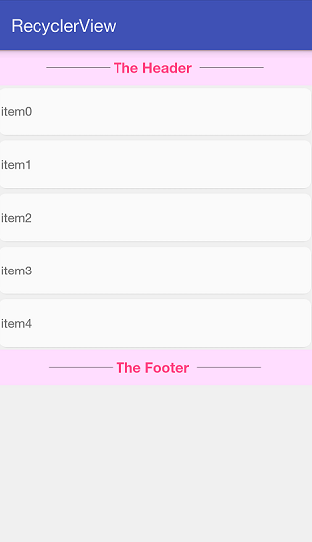boru 


boru is a pipeline implementation in kotlin with native coroutine support and custom dsl.
Supports chaining pipeline steps with conditions and branches.
Inspired by @oguzhaneren's C# implementation
<dependency>
<groupId>com.trendyol</groupId>
<artifactId>boru</artifactId>
<version>1.0.0</version>
</dependency>
USAGE
Defining Context
Define a context implementing PipelineContext. In this case a simple context that sets and gets a text field
interface PipelineContext {
val items: Map<Any, Any>
}
class TestDataContext : PipelineContext {
override val items: MutableMap<Any, Any> = mutableMapOf()
var intValue: Int = 0
var text: String?
get() = items.getOrDefault("Text", null).toString()
set(value) {
items["Text"] = value!!
}
}
Define Pipeline Steps
Implement a pipeline step using TestDataContext
class TestWriterStep(
private val text: String,
) : PipelineStep<TestDataContext> {
override suspend fun execute(context: TestDataContext, next: PipelineStepDelegate<TestDataContext>) {
context.text = text
next(context)
}
}
Build Pipeline
fun compose() {
val pipeline = PipelineBuilder<TestDataContext>()
.usePipelineStep(TestWriterStep("hello"))
.build()
val context = TestDataContext()
}
You can also use lambda functions without defining a pipeline step
fun compose() {
val pipeline = PipelineBuilder<TestDataContext>()
.use { context: TestDataContext, next: suspend () -> Unit ->
context.text = "hello"
next()
}
.build()
val context = TestDataContext()
}
Or use built-in dsl
fun compose() {
val pipeline = pipelineBuilder<TestDataContext> {
use { testDataContext: TestDataContext, next: suspend () -> Unit ->
context.text = "Hello World"
next()
}
}
}
Conditions and Branching
You can also use conditions when executing steps or branch using map operation
fun compose() {
val pipeline = pipelineBuilder<TestDataContext> {
usePipelineStepWhen(TestWriterStep("Hello World")) {
it.text == "ExecuteStep"
}
}
}
Mapping allows you to group multiple steps under one condition.
fun composeMapping() {
val pipeline = pipelineBuilder<TestDataContext> {
map({ it.intValue < 3 }) {
usePipelineStep(TestWriterStep("one"))
usePipelineStep(TestWriterStep("two"))
}
map({ it.intValue == 3 }) {
usePipelineStep(TestWriterStep("three"))
}
}
}
Examples
You can check out other examples









![Mobile app to Show Movies From TMDB API [Qhala Interview Solution], for the Android Engineer Role](https://github.com/jamesnyakush/Qhala-interview/raw/master/art/moviesdark.png)

![Show weather data for the current location [Apollo Agriculture Interview Solution], for the Senior Android Engineer Role](https://github.com/jumaallan/apollo-agriculture/raw/master/docs/prototype.png)



